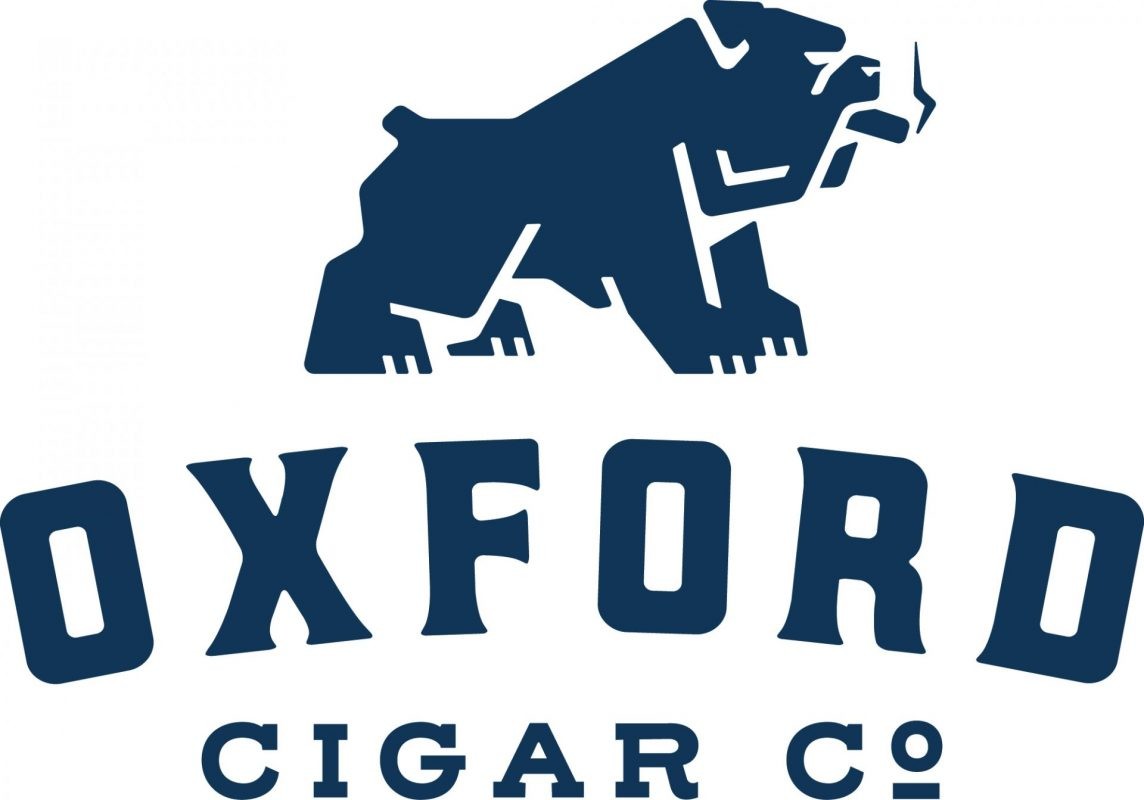News
Generation NO
Anti-tobacco politicians turn authoritarian, push generational bans at home and overseas.
You’d think the U.S. could export something better than a generational ban on premium cigars.
When the Boston suburb of Brookline, Massachusetts in 2021 enacted a prohibition on buying tobacco products by anyone born after Jan. 1, 2000, it was taking action on a concept that had been bandied about by anti-smoking advocates for at least a decade.
The law lumps cigars in with any other nicotine and is rallying anti-tobacco advocates.
“The policy passed by Brookline applies to all tobacco products,” Mark Gottlieb, executive director of the Public Health Advocacy Institute, told a group of anti-tobacco crusaders in the neighboring town of Newton at an April meeting. He said the policy in place in Brookline is spreading and is “being referred to as the nicotine-free generation policy.”
Newton is among a number of like-minded Massachusetts villages looking at generational bans, which halt anyone born after a specified date from legally purchasing tobacco in the given jurisdiction for the rest of their lives.
The concept is contagious.
New Zealand, from 9,000 miles away, followed Brookline by passing a nationwide ban on tobacco purchases by anyone born after Jan. 1, 2009. Like a bad wildfire, the idea spread to the United Kingdom’s House of Commons, where a measure is pending to prohibit anyone born after Jan. 1, 2009, from buying tobacco, including premium cigars.
Photo credit: newtonma.gov
“The role of the government is to protect the health and safety of residents. And we know smoking causes health problems. Over 400,000 people die every year from smoking-related illnesses. It’s not good for us.” -Susan Albright
Prohibition has a new flavor in the 2020s. Alcohol bans didn’t work out so well in the U.S. in the early 20th century, contributing to the formation of well-organized criminal rings to deliver booze to a majority public that never asked for such a ban. Today’s anti-vice crews, though, are institutionally recognized as being on the right side of the allegedly scientific health battle.
The evils of smoking started with no-smoking sections in restaurants and other public places, but over the years anti-tobacco advocates have made smoking not only illegal in many places but also cast it as a social ill indulged in by lawless, weak participants.
It makes sense that the generational ban movement will follow.
“We’d like to see this passed across Massachusetts,” Susan Albright, a city councilor in Newton, told Cigar Snob. She was one of seven board members who proposed a generational ban that made Jan. 1, 2004 the defining date of a forbiddance law modeled on Brookline’s.
“The role of the government is to protect the health and safety of residents,” Albright said. “And we know smoking causes health problems.”
She likened the proposed ban to the national seat belt law and her state’s outlawing of the public burning of leaves.
“Over 400,000 people die every year from smoking-related illnesses,” she said. “It’s not good for us.”
The Brookline rule survived a legal challenge from a group of retailers, which alleged that the bylaw passed by a municipality doesn’t preempt state law, which has no generational ban.
Brookline, in its response to the state’s Supreme Court, successfully contended that the law was valid and that other municipalities have enacted bans on various products.
“When the ban is fully phased in, Tobacco Products will join the list of other items completely prohibited by the Commonwealth or its municipalities,” Brookline’s general counsel wrote, citing one town’s ban on a specific type of foam insulation and another’s on recreational marijuana sales.
Massachusetts is so far ground zero for the generational bans, given an especially powerful public health sector.
“It looks like often these bans start with the board of health in a particular town,” said Cody Carden, a government relations director at Cigar Rights of America. “The reasoning there is that it is all tobacco. There is no idea and no interest in any argument that premium cigars are different and unique.”
Several U.S. states have also tried to push for similar bans but have so far been stymied by a majority of their colleagues who note that the reduction of tobacco tax receipts down the road will create financial hardship, particularly in places where long-term bonds are issued on the back of tobacco settlement money.
Photo credit: Cigar Rights of America
“The reasoning there is that it is all tobacco. There is no idea and no interest in any argument that premium cigars are different and unique.” -Cody Carden
“When it comes to cigarettes, the tax money goes to the state and federal level mostly whereas the locals are just getting primarily sales tax,” Carden said. “A place like Brookline isn’t going to worry about foregoing a few hundred or even thousand dollars in sales tax. The state would miss the revenue.”
Legislators and policy makers in California, Tennessee and Hawaii have all made unsuccessful stabs at legislation that would prohibit a specified group of people, determined by data of birth, from ever legally buying any tobacco product.
Their logic is similar.
“If you’re born on or after Jan. 1, 2003, you’ve never been able to smoke legally, so it’s not taking away a right people currently have,” Oahu Sen. Stanley Chang, a Democrat who introduced the Hawaii bill, told West Hawaii Today, a news website.
Introducing his legislation last year in California State Assemblyman Damon Connolly called the generational ban bill he introduced last year a “phased ban” on tobacco.
He said it was a measure that would address youth tobacco use, rather than the permanent hold on those falling under its dictates. That hold would last a lifetime.
“To be clear — this bill will not affect anyone who is currently of legal age and able to purchase tobacco products and will not punish individuals for simply using or possessing these items,” Connolly said in a press release introducing the plan. “By slowly phasing out the use of these harmful products, we can ensure that the next generation of children in California do not get addicted to smoking.”
Photo credit: Public Domain, via Wikimedia Commons
The good news for future cigar smokers and people who would rather make their own choices is that in the U.K., the proposal will take a back seat as the country adjusts to a new political regime following July elections that swept in a new administration.
The country’s prior leadership under Rishi Sunak sought to “create the first smoke-free generation,” as he put it. “… We will change the law to ensure children turning 14 or younger this year can never legally be sold cigarettes in their lifetime.”
However the new politics of the nation shake out, premium cigars, while lumped in with the rest of the tobacco products, will need their advocates to lobby as the law takes its final shape.
In New Zealand, the law was repealed almost immediately by a conservative body that took power in October. The anti-smoking activists took it hard, not understanding how anyone could not see their way.
Photo credit: thirdhandsmoke.org
“This is [a] major loss for public health, and a huge win for the tobacco industry – whose profits will be boosted at the expense of Kiwi lives,” Lisa Te Morenga, the chair of industry group Health Coalition Aotearoa, told The Guardian newspaper after the New Zealand rule was revoked.
The battle plan for premium cigar advocates is a messaging campaign to separate cigars from the tobacco pack. While health officials downplay any caveats to what many consider settled science, there is room to convince.
“If there were a federal angle on the whole proposition, we might be stuck on the legal front,” said Glynn Loope, director of state advocacy for the Premium Cigar Association. “But the strategy now is grassroots education, going to elected officials and local boards of health.”
Anti-tobacco advocates don’t differentiate between forms of tobacco, stridently rallying against anything with a smoky output be it chemically enhanced leaves, oil or the pure tobacco used for premium cigars.
As a result, Loope has not sought to engage anyone on the other side in a conversation about the varying forms and corresponding dangers of smokeables.
“Absolutely not,” Loope said. “They’ve made up their minds and we’ve made up ours. I wouldn’t see the virtue of trying to change the mind of someone who has initiated such a proposal.”
Nor are those who lobby against all smoking likely to engage. Several no smoking officials contacted for this story did not respond.
Carden, at Cigar Rights of America, has taken a different approach. He’s sent emails to some city council members, while also providing fact sheets to them on the difference between premium cigars and other tobacco products.
“If these generational bans were to take hold, we would see some of the family-owned cigar producers hit the hardest,” Carden said. “The Padrons, the Newmans. It would be the sunsetting of future premium cigar consumers.”



